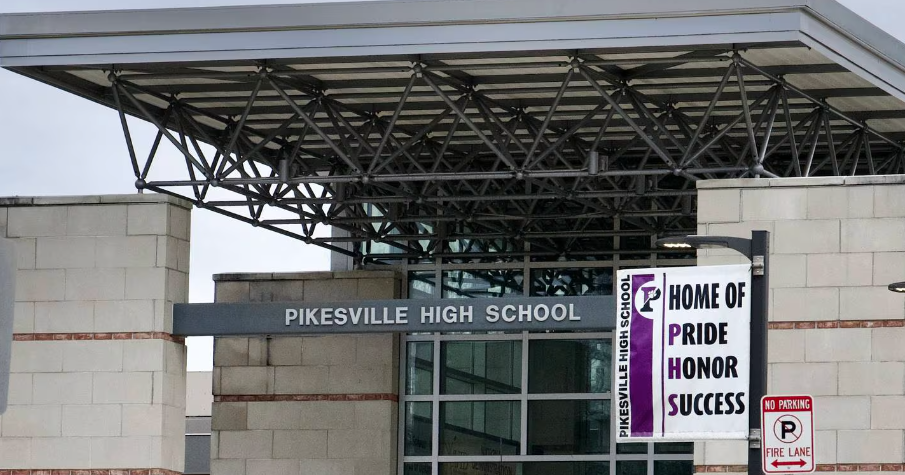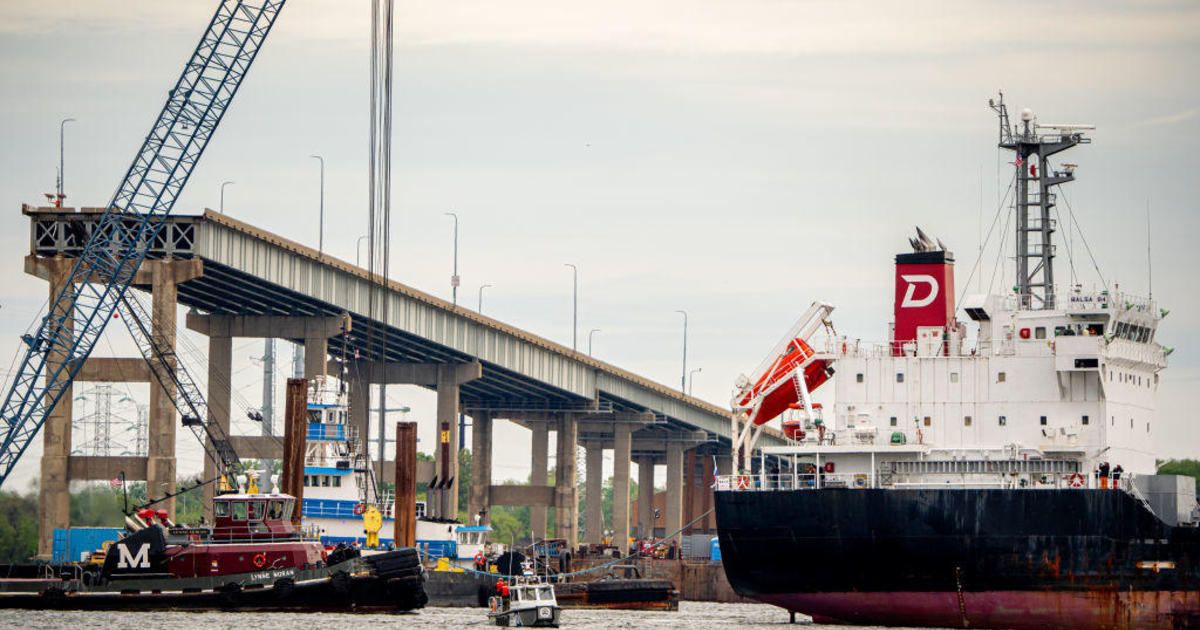NTSB: Amtrak Engineer In Fatal Crash 'Extremely Cooperative'
WASHINGTON (WJZ) -- Eight months after a deadly Amtrak derailment, federal investigators release brand new documents that help shed light on the moments that led up to the crash. The wreck killed eight people, including three with Maryland ties.
Rick Ritter has more on the findings and reaction from the victims' attorneys.
The report shows there was no problem with the signal and no problem with the tracks, locomotive or brakes---instead, it's highlighted by two interviews with the train's engineer, Brandon Bostian.
Eight months later, the destruction of Amtrak 188 is still tough to take in. The derailment in Philadelphia killed three with Maryland ties last May, including a midshipman at the Naval Academy.
"Everyone looked up to my son," said Justin Zemser's mother.
RELATED: Lawyers for victims talk about NTSB findings
On Monday, the NTSB released new evidence, highlighted by images from a camera inside the train during the crash and two interviews with its engineer, Brandon Bostian, who was behind the train when it was going more than 100 miles an hour.
In a first interview, Bostian said, "I remember turning on the bell and the next thing that I remember is when I came to my senses, I was standing up in the locomotive cab after the accident."
In another, months later, Bostian said, "My memory is of making three manipulations of the brake control." He continued, "When I realized that the train engine was tipping over, I put the train into emergency. I recall hoping that the train would not tip completely over."
READ THE ACCIDENT DOCKET here.
Attorneys for the victims attack Bostian's inconsistency.
"The problem is Brandon Bostian and the problem remains his changing story," said Robert Mongeluzzi, an attorney whose firm represents 17 passengers who have filed claims.
Last year, it was the NTSB who admitted that a critical safety device could have prevented the crash.
Daniel Miller's partners have represented Amtrak victims in the past.
"Fact of the matter is this train was going over double the speed limit. Around this turn, it should have been slowing down," Miller said.
He says the focus needs to be on positive train control, technology designed to slow them down before another tragedy like this strikes again.
"How many crashes are going to happen? How many disasters before the technology is in place? Because it is available," he said.
The NTSB has finished its investigative phase. Next, investigators will analyse the evidence and prepare a report with the cause of the derailment and make safety recommendations. That's expected to come around the anniversary of the crash in May.
Investigators say there's no report of Bostian using his phone while operating the train.
Of the 238 passengers on the train, more than 200 were injured.
Bostian has been suspended without pay since the crash.



